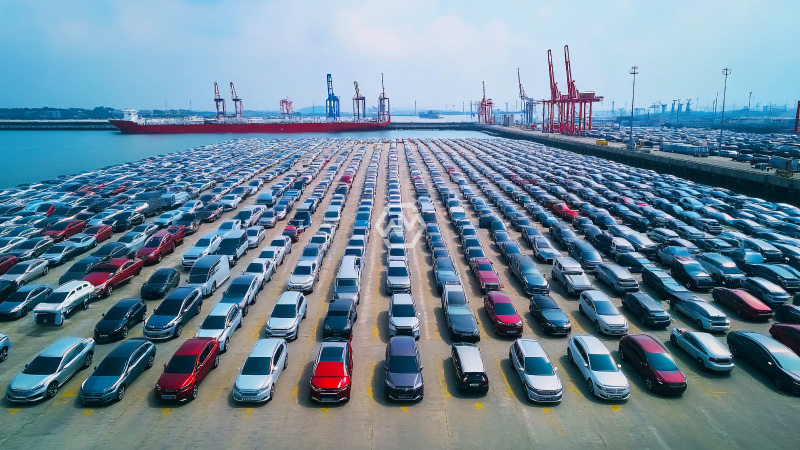- Indian automakers face severe delays in securing rare earth magnets from China.
- Over 80% of India’s magnet imports depend on Chinese supply chains.
- New Chinese export rules demand strict end-use declarations, halting shipments.
India’s automotive sector is on edge as it grapples with a growing shortage of rare earth magnets—key components in electric vehicles and hybrids—following China’s April 2025 decision to tighten export regulations.
China’s new export regime mandates licenses for seven rare earth elements and finished magnets, requiring buyers to disclose detailed end-use information and assurances that materials won’t be used for defense or re-exported to adversarial nations like the U.S.
Auto Woes Mount as China Holds Back Rare Earth Magnet Exports to India
Rare earth magnets are indispensable to modern vehicle systems, especially Permanent Magnet Synchronous Motors (PMSMs) found in electric and hybrid vehicles. These magnets allow compact motor designs with high torque output and energy efficiency, making them crucial for India’s clean mobility ambitions. The shortage not only impacts electric vehicle manufacturing but also delays components used in internal combustion engine (ICE) cars, such as electric power steering.
India currently lacks a robust domestic ecosystem for rare earth refining or magnet production, making it highly vulnerable to external policy shifts. While government-backed exploration and mining initiatives are underway, setting up a full-fledged rare earth supply chain is a multi-year endeavor. In the interim, the auto sector is urging policymakers to accelerate diplomatic engagement with Beijing.
China’s rationale behind the new policy is rooted in safeguarding its own strategic resources, especially amid rising global tensions over technology access and military applications. By requiring end-user and non-military use declarations, China is tightening control over critical exports, sending ripples through supply chains worldwide. India is among several nations, including Japan and Germany, struggling to navigate these restrictions.
Indian companies are exploring alternatives such as sourcing from Vietnam and Australia, but transitioning to new suppliers poses both financial and logistical hurdles. Rare earth magnets require precise specifications and processing standards, and switching vendors can disrupt quality and performance benchmarks. As the wait drags on, Indian automakers fear production cuts and delivery delays in the months ahead.
Unless China eases restrictions or India secures alternate sources, the auto industry faces a sharp slowdown, highlighting the urgent need for supply chain resilience.
“You never let a serious crisis go to waste.” – Rahm Emanuel



